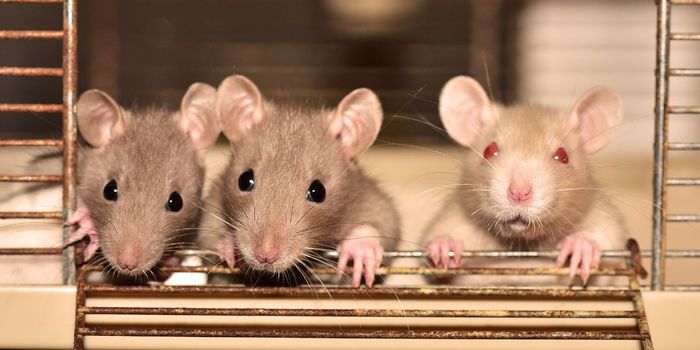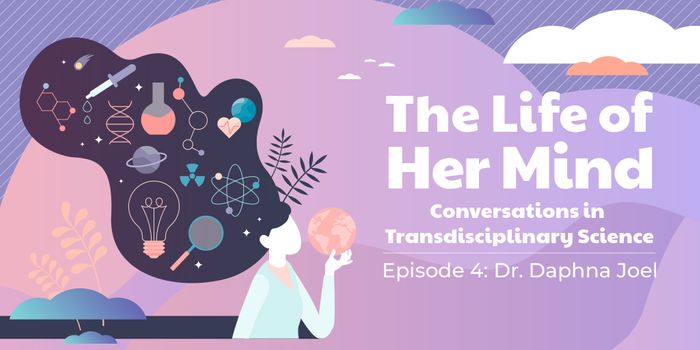If you've ever queued up for the latest horror film hoping to have a good scare, you're not alone. In October of 2015, about 28 million people visited haunted houses looking for the exact thing - a good fright that makes their heart pound like drums. But why do like these fear-inducing events, and how does our body react to the suspense?
Deep down, we know that the supposed death-drop of roller coaster or the scary scenes in a movie don't pose real dangers to us. We assessed the risks as minimal and know we aren't in an actual "fight-or-flight" mode. But the body's responses to these intentional scary situations are the same as if it were real: chemicals are released and trigger a range of emotions. And because the context of the situation is safe, we feel a natural "high" from being scared.
But clearly, some people are more prone to chasing thrills and scares than others. And because emotions are contagious, these people tend to enjoy seeking scary adventures together, as their collective experience can boost the effects of a good scare.








